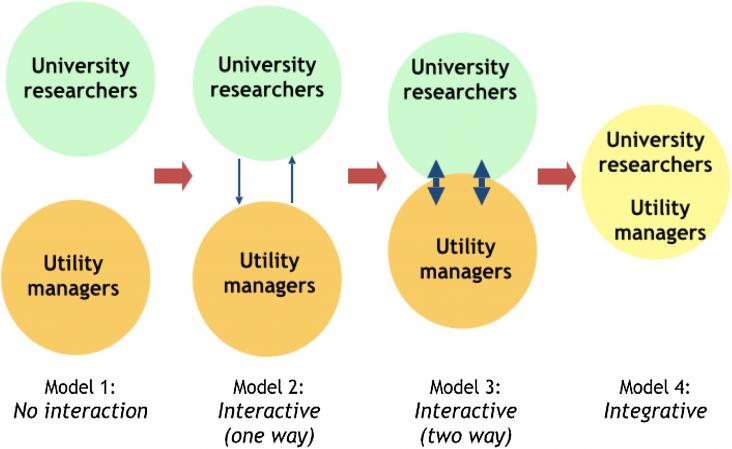Disasters impacts on urban environment are the result of interactions among natural and human systems, which are intimately linked each other.
Aquaponics is an innovative smart and sustainable production system for integrating aquaculture with hydroponic vegetable crops, that can play a crucial role in the future of environmental and soci

This paper uses ‘Medieval’ drought conditions from the 12th Century to simulate the implications of severe and persistent drought for the future of water resource management in metropolitan Phoenix
Water harvesting is an ancient practice that has been used, mainly in dry environments, to increase efficiency of water collection and use by directing water from a large natural watershed or man-m
Shortages of freshwater have become a serious issue in many regions around the world, partly due to rapid urbanisation and climate change.
